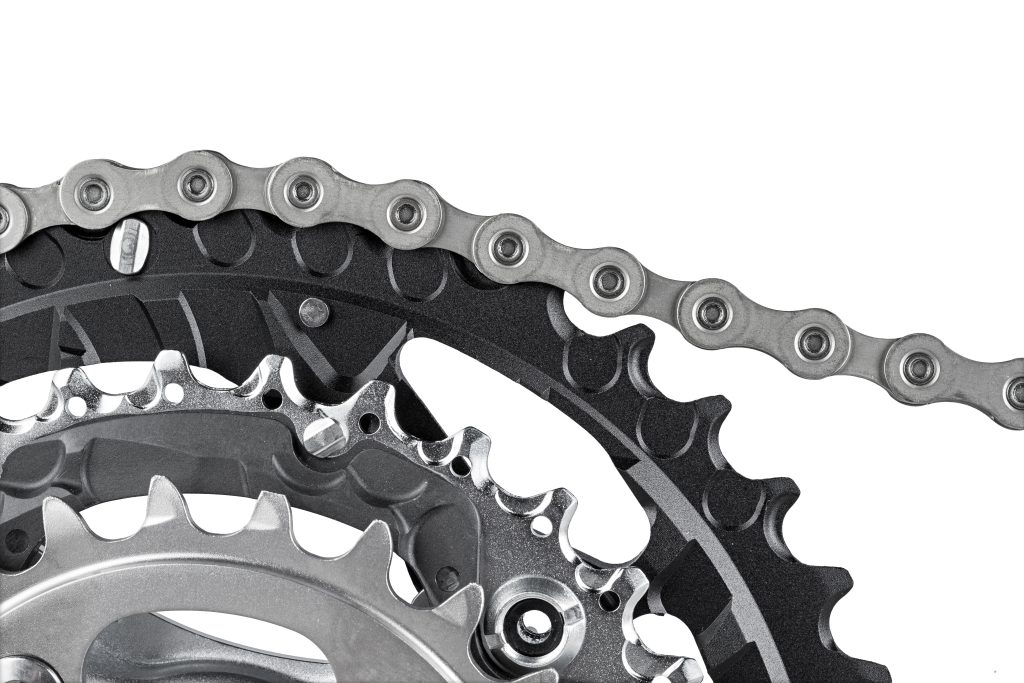Eight Challenges That Are Affecting the Aerospace Industry
There are challenges in every industry sector, but with the aerospace industry having a more prominent international footprint than any other sector, it is understandable that it is facing a multifaceted and complex future.
From some points of view, the skies may seem encouraging. We have seen high demand for air travel, a backlog of new aircraft orders, innovative technology, a resurgence in the business aircraft sector, and much more. As technology and other factors change, develop and grow, the following eight challenges are expected to play a significant role in shaping the future of the Aerospace Industry.
The Aftermath of Covid-19
The pandemic had one of the most significant impacts on aerospace compared to any other industry. Planes were ground to a halt, production couldn’t go ahead, travel was impacted for almost two years, and the sector had to let go of staff, staff who should have been there to get things back up and running when we could travel again – but weren’t.
As things slowly returned to a “new normal” in 2021, the levels of international travel rose by 4% the year before but were still 72% lower than in 2019. The levels so far in 2022 remain lower than in 2019 as people are still unsure about travel rules and regulations. With this in mind, the aerospace manufacturing industry is also impacted, as they try to continue moving the industry forward with new technologies but with smaller cash flows and challenging supply chains.
Digitalisation
The aerospace supply chain often spans the globe and incorporates closer collaboration than ever, tight deadlines, and an extremely high level of digitalisation. A study in 2017 indicated that the ongoing changes of digitalisation across all levels of the supply chain are one of the factors most important in meeting future challenges.
We saw this importance come into itself as companies went online further following the Covid 19 pandemic and stayed that way. In recent years we have seen companies move to a digital method of work and innovative technologies, bringing things like 3D printing and cloud-enabled automation production to the forefront.
Companies that ignore this digital way of working will often encounter many obstacles. The vast majority of suppliers want a stronger relationship with customers, and implementing digital communications is one of the best ways to achieve it.
Supply Chain
As the aerospace industry relies so heavily on a solid supply chain, companies within the industry are seeing a hit following the pandemic and the war on Ukraine. Both of these factors have affected the world’s supply chain and continue to do so.
Manufacturing has had a massive hit following the war, and it's believed that over 90% of steel capacities are not operating as they should. There are also issues with metal supply due to the rising costs of the materials, including nickel, platinum, and rhodium. Companies must factor in rising prices and longer supply times when planning improvements and builds.
Cyber Security
Within any industry, cyber security is one of the biggest challenges, especially with the continuing development of technology. Almost every sector works with some form of technology.
The aerospace industry, being strongly linked to the defence industry, has always focused on promoting strengthening policies. The cyber threat to the aerospace industry is real and current. While it is generally consumer-facing breaches that make the headlines, other organisations in the industry are continuously under attack by sophisticated parties who use tools such as cloud computing and viruses. The need to ramp up investments in cyber tools will always be a big challenge to the industry, which is why their connection with the defence industries is essential.
Political Issues
Politics are a constant problem for any industry, but especially for the aerospace industry. Articles have been erupting everywhere, with headlines telling tales of loss of jobs in the sector and a fear of losing the industry edge after Brexit; however, this is a genuine concern and a challenge facing the industry.
Many businesses are still seeing the impact of Brexit and are always concerned about the political implications these decisions have on specific sectors. Uncertainty over the terms and conditions of Brexit has raised questions about the next steps.
Almost 90% of Aerospace Industry demand is from overseas, meaning the sector is one of the biggest UK goods exporters. This involves exposure to many political entities internationally, and we can’t help but wonder about the effects this may cause.
The China Risk
The Chinese have recently developed a new wide-bodied, long-range plane to rival Boeing and Airbus, the CR929.
This joint venture with Russia, subsidised by the Chinese government, is set to capture the massive Asian market. It could well destabilise the commercial aerospace industry as we currently know it. The prototype of this plane is expected later this year, with the maiden flight expected within the next two years.
Christopher Dean, the Managing Director, spoke about this issue:
“While at an NWAA (Northwest Aerospace Alliance) meeting, it was announced that China is in the advanced stages of building their own wide-bodied aeroplane, the CR929, to satisfy the Asian market and beyond. This is going to be heavily subsidised and supported by the Chinese government. The impact of this announcement on the audience was immediate, and the realisation that the market had moved was palpable.”
Data Requirements
On a larger scale, the computer power required for supply chains is enormous, and the ability to scale is critical to success. The amount of data stored on these systems is of impressive magnitude and with the explosion of demand and supply across all chains, maintaining its capability is a constant challenge. Companies must use the best technologies to support scalability and performance to overcome this challenge. After all, the aerospace industry is data-intensive.
Modernisation & Maintenance of Aircraft
Many planes in the skies have been in use since the 1970s and 80s, so many challenges exist to consider when maintaining and improving aircraft. New regulations can come in at any time, and with governments and companies focusing on improving emissions and reducing carbon footprints, the industry should expect more modernisation.
The make-do-and-mend process that the industry is used to will need adjusting as we enter the modern world.
Here at Dean Group, one of our strongest customer bases and relationships is within the aerospace industry, and while we relate to the challenges they face, we like to assist in delivering only the highest quality of products and manufacturing processes from our metal casting foundry.
Registered in England VAT No: 146307478 Company Registration No: 1062820








